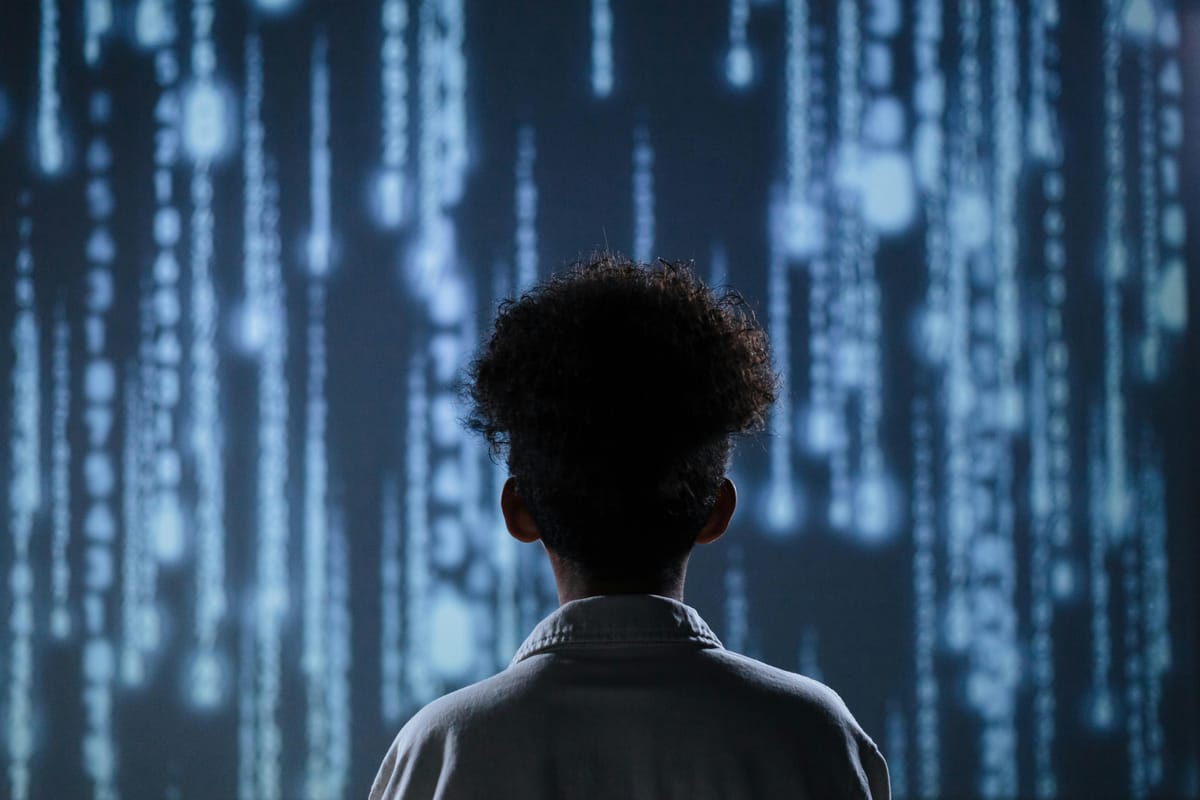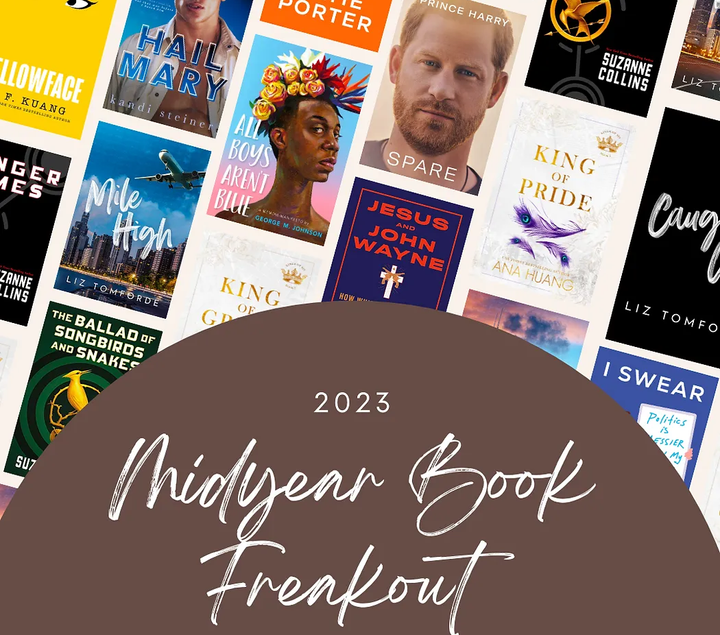Freedom of Expression in the Digital Age

The internet has dramatically changed freedom of expression by expanding both the reach and speed with which people can share ideas and opinions and access information. It has empowered individuals who traditionally wouldn't have had a platform or proverbial 'soap box' to communicate beyond geographic, cultural, and political borders, allowing a diversity of voices and ideas to be given their time to shine.
However, the internet's impact on free speech worldwide has not been an exclusively positive development. While it has expanded people's access to information and platforms where you can express your opinion, it's also created new forms of censorship, allowed for more sophisticated surveillance, and the manipulation of media and, thus, of online discourse. Governments and corporations alike have access to resources that restrict access to certain content for a multitude of reasons like 'protecting speech' or 'national security,' and the collection of personal data by both entities poses significant threats to privacy as we know it.
Tech companies seem to be taking an alarming approach to freedom of speech on their platforms, prioritising and sometimes platforming hateful and inflammatory content while citing equal rights to speech as an excuse. They often ignore the outcry from minority communities about the effects of the emotional terrorism that is felt simply by logging onto their apps and finding xenophobia and bigotry staring back at them. This scaremongering and anger, farmed on social media can further endanger communities of colour and other marginalised groups by mobilising those people to act upon their prejudices. According to the UN Human Rights Commission and the Network Contagion Research Institute of Rutgers University, the use of the 'N-word' increased by 500% on Twitter (now X) within a 12-hour period after Elon Musk took over.
At some point, we have to collectively think about and decide where free speech online falls within our list of priorities. Time and time again, we have seen the comfort and safety of people be pushed aside in favour of protecting freedom of speech. After the hundredth time I've seen communities suffer due to the real-life effects of these policies by social media companies that have never seen accountability; I find myself asking: is freedom of speech, as it stands, worth protecting so heavily?
For example, in Springfield, Ohio, following the presidential debate in September and the false claims (perpetuated on Facebook and X) that Haitian immigrants were eating people's pets, at least 33 fake bomb threats were called into elementary schools and government buildings in the area. The threats were fake, but the fear for that community was very real.
In a previous post, I talked about the fact that the Supreme Court has continued to rule lies, even intentional lies, as protected speech. In my opinion, the conversation deserves more nuance than what it has been given. At the time of the founding of countries like the United States and the creation of the Constitution, tools like social media were not available, and there were certain practical, infrastructural limits to the amount of damage that lies could do. Today, where social media and the billionaires that own them have the power to change elections dramatically and reach and affect hundreds of millions of people in a very real way, I think it is fair to say that there must be ethical guidelines that we strive to work within for the common good.
This topic is not getting any easier as time goes on. The ethics of the use of artificial technology, specifically generative AI in media, art, culture, or education has been discussed ad nauseam since Chat GPT's launch in 2022, but little has actually been done to protect artists and media creators from it. The use of artificial intelligence in surveillance, policing, and data collection has also been discussed to no avail, even though I think most people would agree that safeguards need to be placed to ensure transparency, accountability, and checks and balances between the public, and the tech companies and governments that use this technology for their own financial and societal gain.
Yes, freedom of speech is important. I cannot stress enough how, as a communications student, I understand that freedom of the press is one of the most important and valuable safeguards provided to us as members of democratic nations like Ireland and the U.S. That said, I am tired of free speech being used as a scapegoat and an excuse for people to avoid accountability for the very real harm that they do. We can have spaces where open discussion of important topics are discussed and where we can access other's opinions, especially those of experts, without jeopardising communities across the world with incitement of violence. I don't have all the answers, but my biggest concern in anything I research or write about, whether that's free speech, abortion, women or LGBTQ+ rights, racism, etc., is the reduction of harm. One thing I'm sure most people could agree on is that as it stands, the status quo is not doing that.

